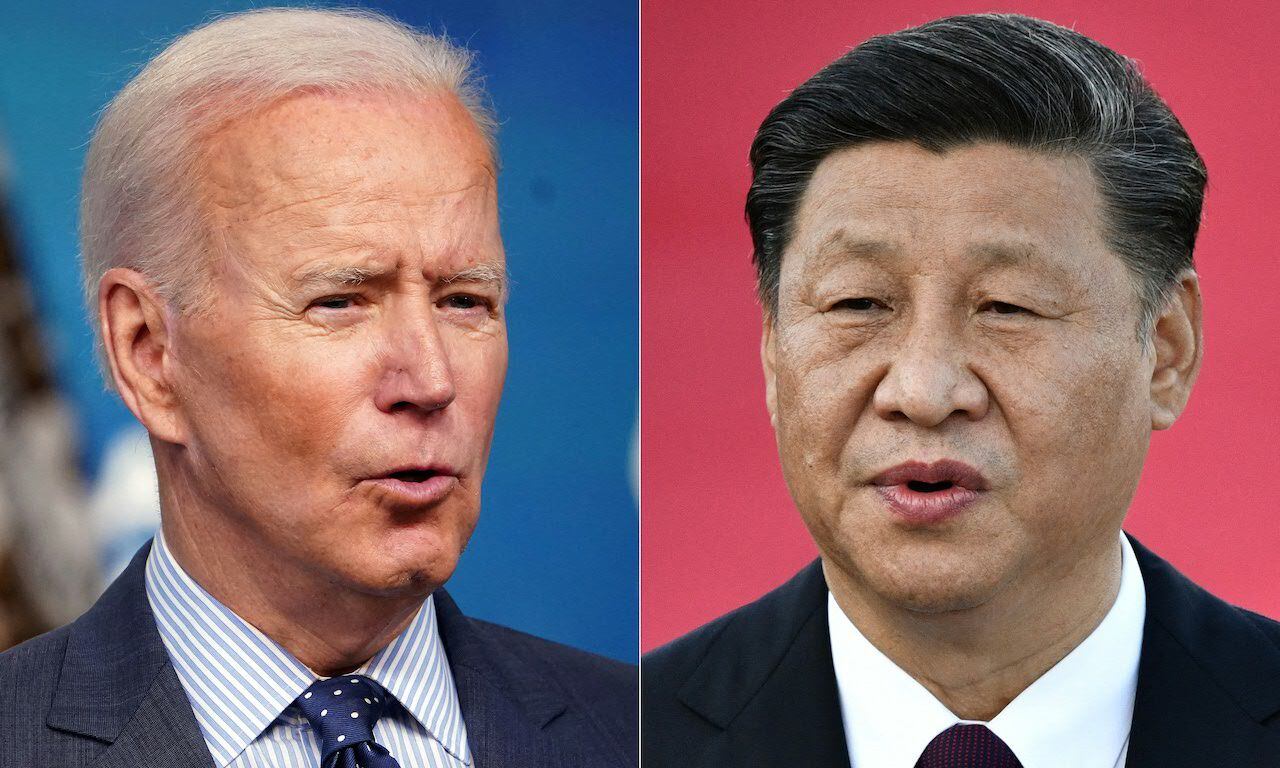Days after the Russian invasion of Ukrainea Chinese air raid on the air defense identification zone of Taiwan raised unfounded concerns. On the one hand, the area in question is larger than Taiwanese airspace. On the other hand, such incursions are not unusual: since this zone was created, they have occurred more than nine hundred times.
For the rest, this comparison ignores the fact that, except for the current situation, Taiwan is more important to the United States than Ukraine. For example, while Taiwan is the country’s ninth trading partner, Ukraine ranks 67th on that list. The world’s leading semiconductor producer is Taiwanese, and its products play a crucial role in international supply chains.
On the security front, Taiwan is part of the first of two island chains to which the US would appeal in the event that it seeks to contain China’s naval power. On the other hand, in the hypothetical (and denied) case that Ukraine were to join NATO, it would be only one of five members of the alliance that have borders with Russia (Poland and Lithuania have borders with the Russian enclave of Kaliningrad). On the other hand, the borders that Latvia and Estonia maintain with Russia are closer to Moscow than the border between Russia and Ukraine.
When it decided to establish diplomatic relations with the People’s Republic of China, the United States adopted what it called a policy of “strategic ambiguity” towards Taiwan. In that context, the term ‘ambiguity’ is far from being a euphemism, as these quotes demonstrate: “The United States recognizes that all Chinese on both sides of the Taiwan Strait hold that there is only one China and that Taiwan is part of China,” but he immediately clarifies: “We have not agreed to take a position on sovereignty over Taiwan.”
In terms of security, this strategic ambiguity is contained in the 1979 Taiwan Relations Act, which affirms the US commitment to “assist Taiwan in maintaining its self-defense capacity.” But it does not explicitly commit itself to intervene militarily to contribute to that defense. It simply states that “any effort to determine the future of Taiwan by means other than peaceful […] It will be of great concern to the United States.”

security guarantee
The reason why the United States Government opted for this strategy is not very ambiguous. On the one hand, he did not want Taiwan to use a security guarantee as a letter of marque to provoke China. On the other hand, it was intended to instill in China the fear that this ambiguity could be used against it, as happened during the crises in the Taiwan Strait in the 1950s (in which China underestimated the risk of a US intervention).
But, ambiguous as it is, there is a formal commitment from Washington to Taiwan’s security. And that is more than can be said about Ukraine.
NATO’s behavior toward that country is an example of what economists call “perverse incentives.” On the one hand, at the Bucharest Summit in April 2008, that alliance assured Georgia and Ukraine that “they will become members of NATO.” With that decision, he fueled security fears in Russia that, while perhaps disproportionate, were no less real for that. On the other hand, 14 years later, the admission process of these countries had not yet begun, nor were they offered security guarantees during the transition period towards eventual membership.
It is therefore not difficult to understand why all Russia’s military interventions in Georgia and Ukraine occurred after the Bucharest Summit in 2008.
Source: Elcomercio

:quality(75)/cloudfront-us-east-1.images.arcpublishing.com/elcomercio/2THDCUEPXRFT7FI5LOI4P4MOEY.jpeg)





